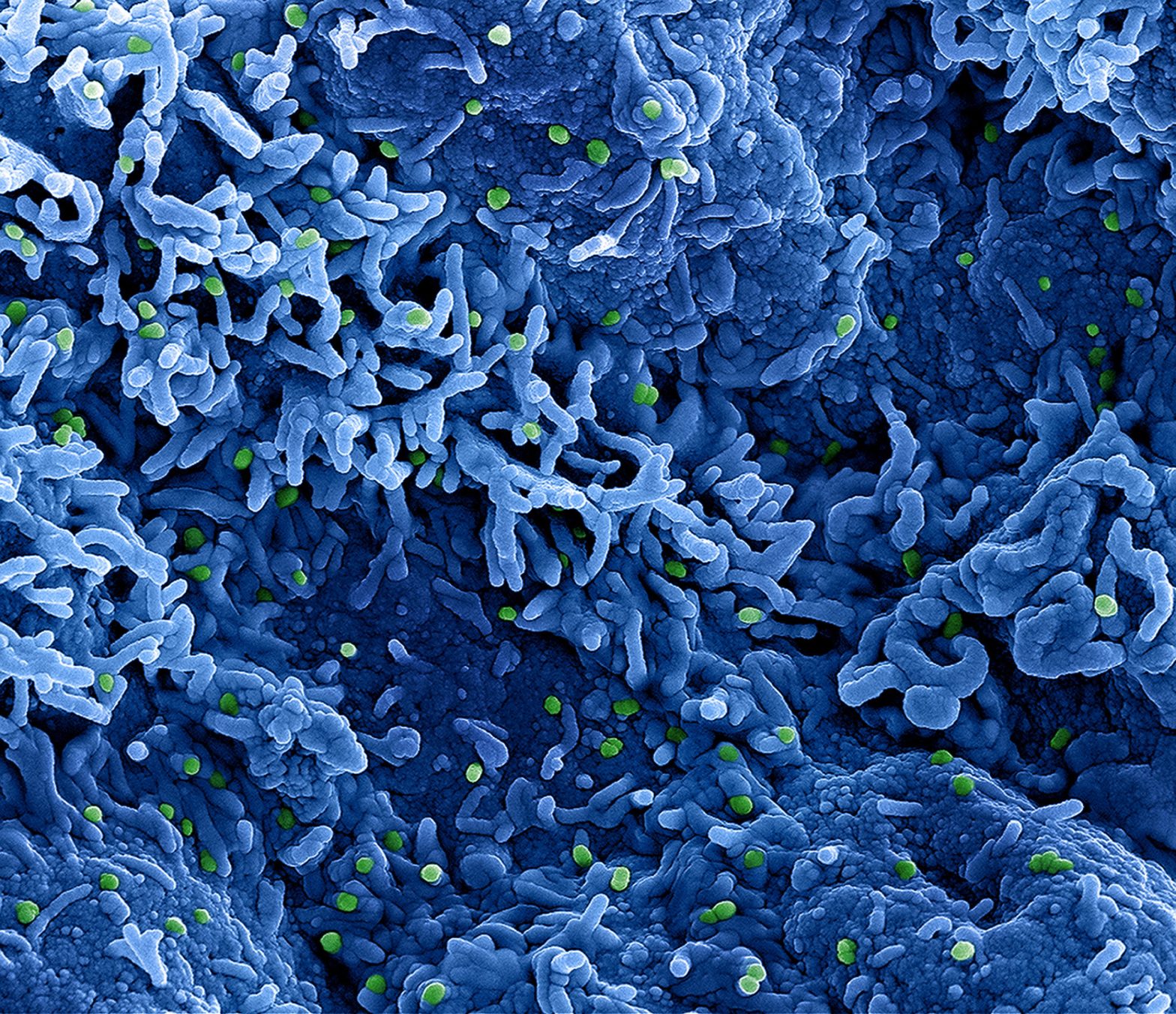US Begins Clinical Trial Evaluating Antiviral for Monkeypox

WASHINGTON — A phase 3 clinical trial evaluating the antiviral tecovirimat, also known as TPOXX, is now enrolling adults and children with monkeypox infections in the United States, the National Institutes of Health announced Friday.
Study investigators aim to enroll more than 500 people from clinical research sites nationwide. Interested volunteers can visit the ACTG website (clinical trial A5418) for more information.
Tecovirimat, manufactured by SIGA Technologies, Inc., is approved by the U.S. Food and Drug Administration for the treatment of smallpox.
The drug prevents the virus from spreading in the body by preventing virus particles from exiting human cells by targeting a protein found on both the variola virus, which causes smallpox, and the monkeypox virus.
Clinicians currently can access tecovirimat for U.S. patients with monkeypox through an expanded access or “compassionate use” request process.
“Monkeypox can be an extremely painful infection that lasts for weeks,” said NIAID Director Dr. Anthony Fauci, in a written statement.
“We currently lack efficacy data that would help us understand how well this drug may mitigate painful monkeypox symptoms and prevent serious outcomes. This clinical trial was designed to answer those important questions,” Fauci said.
A global outbreak of human monkeypox virus, first identified in May 2022, prompted public health emergency declarations from both the World Health Organization and the U.S. Department of Health and Human Services this past summer.
The majority of cases identified thus far have been in men who have sex with men, although other populations, including women and children, can become infected.
Since Jan. 1, the WHO has reported 52,996 cases and 18 deaths across 102 countries, territories and areas. The Centers for Disease Control and Prevention has reported 21,504 cases in the U.S.
The clinical trial of tecovirimat in the United States is led by Dr. Timothy Wilkin, professor of medicine at Weill Cornell Medicine in New York City.
Adults and children of any age with monkeypox are eligible to enroll in the trial. Adults with severe monkeypox virus infection or those at high risk for severe disease including individuals with underlying immune deficiency, a history of or active inflammatory skin conditions, pregnant people and children all will be enrolled in an open-label arm in which all participants receive tecovirimat.
Other adult participants — 530 total — will be randomly assigned in a 2:1 ratio to receive tecovirimat or placebo pills. Tecovirimat capsules are taken by mouth for 14 days, and the dose is based on the participant’s weight. This part of the trial is double-blind, meaning neither participants nor investigators will know who is receiving the placebo or tecovirimat.
Investigators will gather data to determine if participants receiving tecovirimat heal more quickly (all lesions scabbed over or flaked off) compared with those taking the placebo. They also will examine tecovirimat’s impact on pain scores, rates of progression to severe disease, clearance of monkeypox virus from various samples, and its safety, among other data. This study also will provide critical data on the optimal dosing and safety of tecovirimat in children and people who are pregnant.
Participants will be followed for at least eight weeks and will be asked to fill out a symptom diary, do daily skin checks at home and attend virtual and in-person clinic appointments. They also will undergo physical exams and will be asked to provide blood and other bodily fluid samples, including swabbing fluid from their lesions.
Data on the safety and efficacy of tecovirimat will be submitted to the FDA. An independent Data and Safety Monitoring Board will monitor participant safety throughout the duration of the study.
The trial timeline will depend on the pace of enrollment. This research is supported through the following NIAID grants: UM1AI068636, UM1AI106701 and UM1AI068634, and NICHD contract number HHSN275201800001I.
The Democratic Republic of the Congo will initiate a separate clinical trial of tecovirimat in adults and children with monkeypox in that country. More information about that trial will be available in a forthcoming announcement.
The trial is sponsored by the National Institute of Allergy and Infectious Diseases, part of the National Institutes of Health.
The NIAID-funded AIDS Clinical Trials Group is leading the study, which may later expand to international sites.
The Eunice Kennedy Shriver National Institute of Child Health and Human Development at NIH is supporting several sites, including through the International Maternal Pediatric Adolescent AIDS Clinical Trials Network.
Dan can be reached at [email protected] and at https://twitter.com/DanMcCue.

























